Fit for Purpose launch event
See also: Construction knowledge gap meeting and Knowledge gap survey responses.
On 21 September 2017, Designing Buildings Wiki held an event to launch a new report 'Fit for purpose?' exposing a worrying and widening knowledge gap in the construction industry.
Held in the spectacular 14th floor offices of Rogers Stirk Harbour + Partners in the Leadenhall Building, the report asks whether the construction knowledge base needs to change if it is to serve the industry properly.
Following an introduction by Designing Buildings Wiki chairman David Trench, Mark Farmer, the author of the government-commissioned report ‘Modernise or Die’, drew some parallels between the dramatic findings of his own report and the entrenched problems revealed by 'Fit for purpose'.
Farmer said:
“The findings of this report reaffirm that current knowledge and innovation is not being captured in a way that is broadly and strategically accessible to enable industry at large to benefit. Knowledge and data ‘silos’ are a feature of our industry and we clearly need to break these open through more collaborative forums and platforms that have greater reach into the mainstream of our industry.
“The assertion that much academic work is not influencing industry’s improvement is one that I identify with and we need a step up in the vetting of what research is commissioned that has sufficient applied value for the wider industry rather than specialist interest groups that does not necessarily make it relevant or scalable.”
Dr Gregor Harvie, co-founder of Designing Buildings Wiki, then took the audience through the ‘Fit for Purpose?’ report, laying out with stark clarity the exponential increase in the amount of knowledge the industry has to process and the accelerating rate at which knowledge changes.
He then showed a series of visual heat maps, based on 6 million pieces of data accumulated from users of Designing Buildings Wiki, which illustrate as never before that the knowledge framework underpinning the construction industry is no longer fit for purpose. Practitioners do not have easy access to the critical knowledge they need, and research is not having an impact on the ground - so it is inevitable that mistakes will be made.
“Knowledge buried in long documents or behind paywalls”, Dr Harvie said, “will not be used, even if it’s important.”
The report makes clear that industry's knowledge creators continue to focus on niche research aimed at making the top performing 1% of the industry better. But it is leaving the other 99% to fend for themselves.
The never-before-seen heat maps reveal the vast difference between the knowledge the industry wants and the knowledge that is actually on offer. They also show differences in knowledge consumption between the sexes and between age groups, and this information could be used to created targeted knowledge, for example, to encourage younger women to remain in the industry.
Dr Harvie went on to explain that the average dwell time across all types of knowledge is just three minutes, with users increasingly accessing content on mobile devices. He suggested that if knowledge is not easily accessible, easy to apply, and free, the igeneration simply won't use it.
Highlighting the seriousness of the knowledge problem, Dr Harvie said:
“In the wake of the Edinburgh schools defects and the fallout from the Grenfell Tower tragedy, the report suggests the industry needs to get organised and stop leaving the dissemination of knowledge to chance - or more mistakes will be made.”
He proposed that the industry must co-ordinate to tackle knowledge as a whole, rather than piecemeal, and that new funding mechanisms are necessary to reward practitioners for contributing to the industry knowledge base, rather than just professional researchers.
To read more about the findings of the report and to download a copy, see Fit for Purpose?
Watch Gregor Harvie talking at the launch event.
Watch Mark Farmer talking at the launch event.
[edit] Designing Buildings Wiki would like to thank all those who attended the event and our sponsors Rogers Stirk Harbour + Partners for generously hosting us in their offices.
Featured articles and news
A case study and a warning to would-be developers
Creating four dwellings... after half a century of doing this job, why, oh why, is it so difficult?
Reform of the fire engineering profession
Fire Engineers Advisory Panel: Authoritative Statement, reactions and next steps.
Restoration and renewal of the Palace of Westminster
A complex project of cultural significance from full decant to EMI, opportunities and a potential a way forward.
Apprenticeships and the responsibility we share
Perspectives from the CIOB President as National Apprentice Week comes to a close.
The first line of defence against rain, wind and snow.
Building Safety recap January, 2026
What we missed at the end of last year, and at the start of this...
National Apprenticeship Week 2026, 9-15 Feb
Shining a light on the positive impacts for businesses, their apprentices and the wider economy alike.
Applications and benefits of acoustic flooring
From commercial to retail.
From solid to sprung and ribbed to raised.
Strengthening industry collaboration in Hong Kong
Hong Kong Institute of Construction and The Chartered Institute of Building sign Memorandum of Understanding.
A detailed description from the experts at Cornish Lime.
IHBC planning for growth with corporate plan development
Grow with the Institute by volunteering and CP25 consultation.
Connecting ambition and action for designers and specifiers.
Electrical skills gap deepens as apprenticeship starts fall despite surging demand says ECA.
Built environment bodies deepen joint action on EDI
B.E.Inclusive initiative agree next phase of joint equity, diversity and inclusion (EDI) action plan.
Recognising culture as key to sustainable economic growth
Creative UK Provocation paper: Culture as Growth Infrastructure.






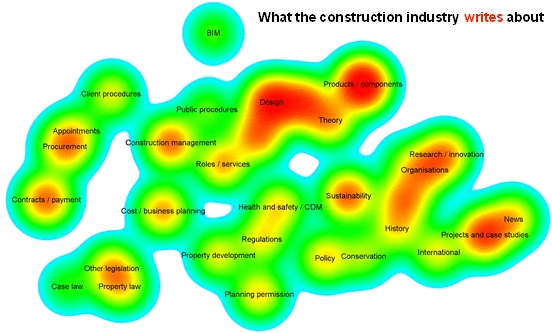
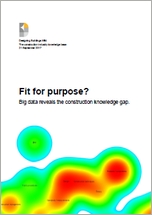
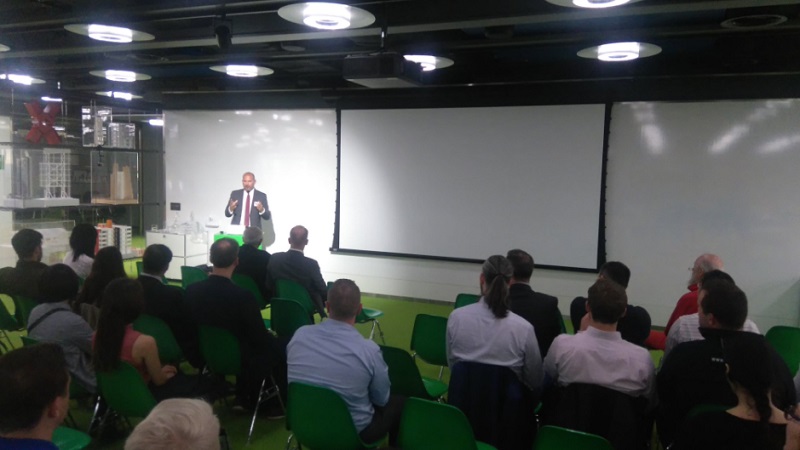
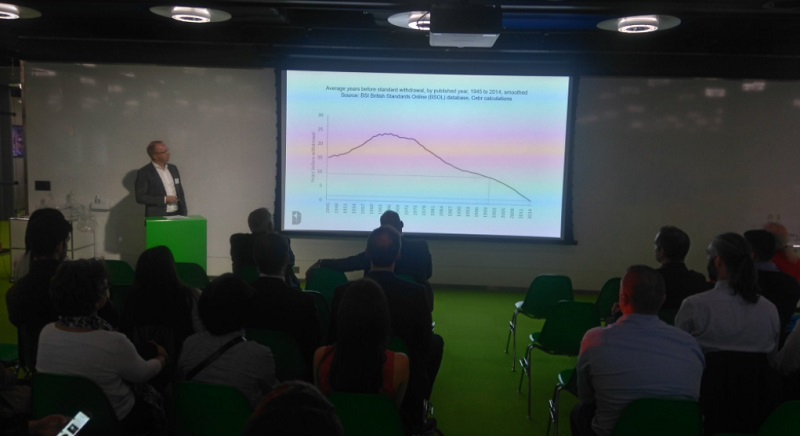
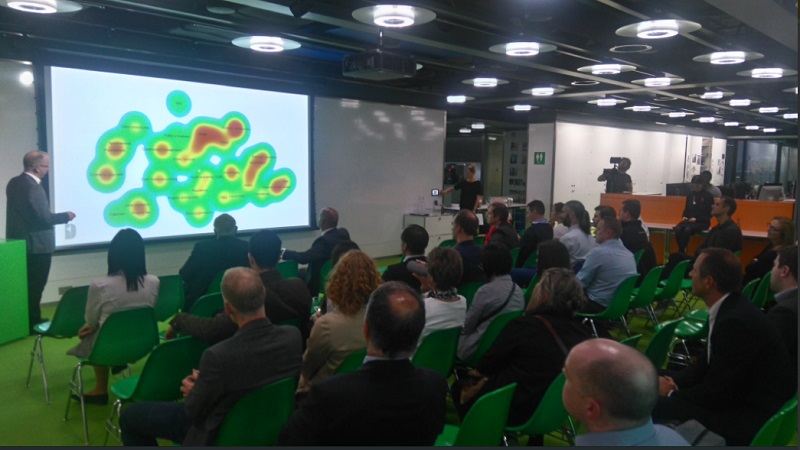
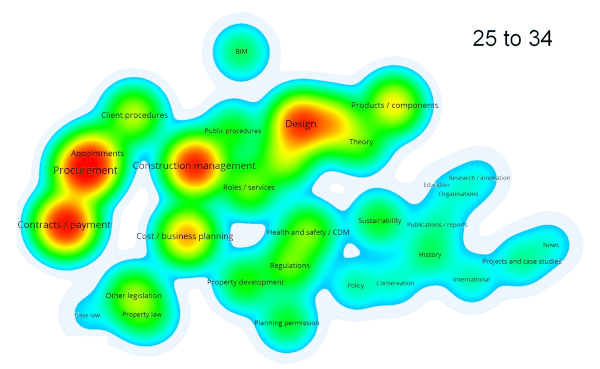


















Comments
Really interesting research!